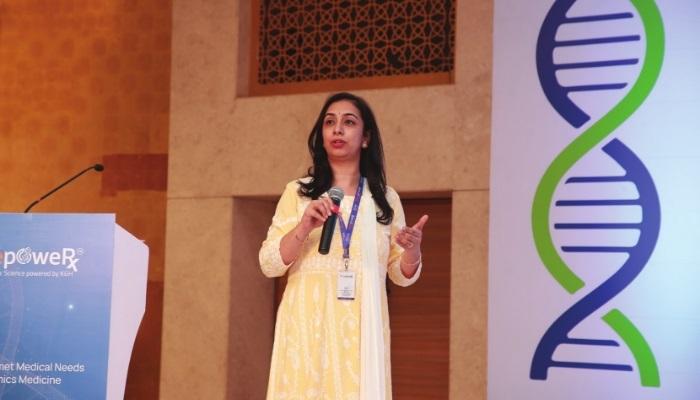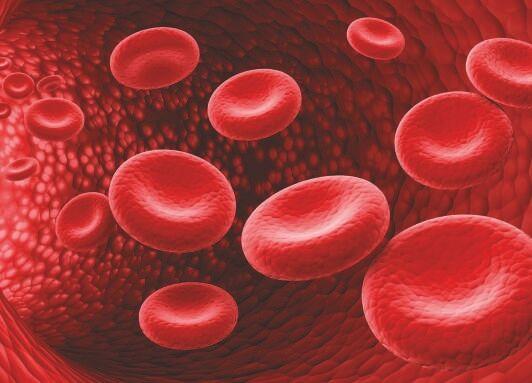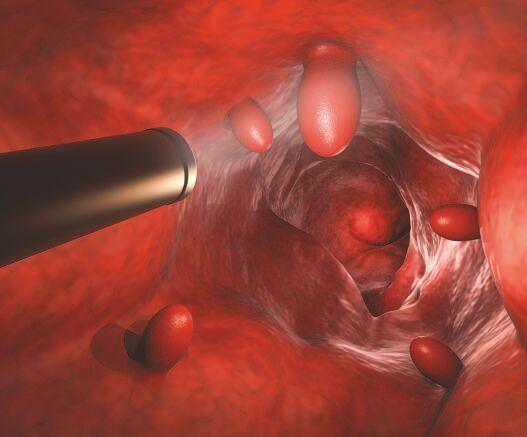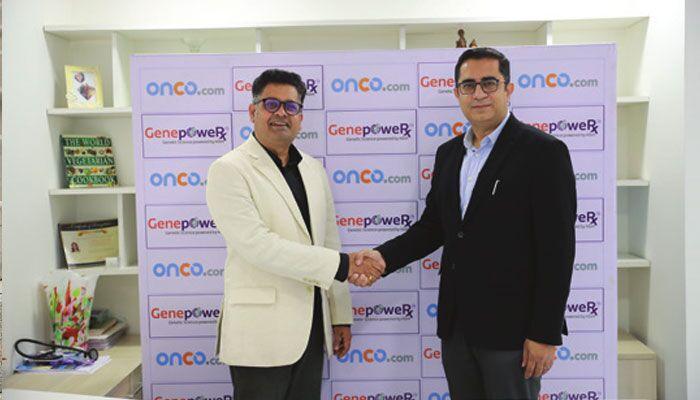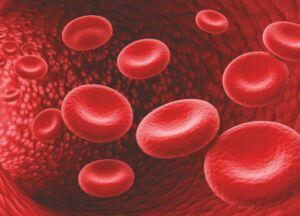
Comprehensive Genomic Profiling for Cancer

Comprehensive Genomic Profiling (CGP) can analyze a broad panel of genes with a single test to detect genomic alterations that are known to propel cancer growth, for example, base substitutions, insertions, deletions, Copy Number Alterations (CNAs), and rearrangements or fusions. This type of molecular testing produces comprehensive patient reports with a broad and deep understanding of potential oncogenic drivers.
Benefits of Comprehensive Genomic Profiling
Multiple biomarkers detected in a single assay: CGP can detect biomarkers at the nucleotide level and typically contains all major genomic variants, including single nucleotide variants, indels, copy number variants, fusions, and splice variants. Additionally, CGP can detect genomic signatures such as TMB (Tumour Mutational burden) and MSI (Microsatellite Instability) therefore maximizing the clinical relevance of alterations found.
Consolidated testing saves time and samples: CGP integrates biomarker detection into a single multiplex assay, eliminating the need for sequential testing. A single test analyses the most common and rare biomarkers. Testing all biomarkers at one time increases the chances of finding relevant alterations or mutations. This provides quicker results, limits the input of biopsy samples, and reduces the risks and costs associated with a new biopsy
Relevant genomic alterations are identified: CGP can identify both relevant and potentially relevant genomic alterations to help determine effective therapies and clinical trials for cancer patients. When tissue biopsies are unavailable, CGP from a liquid biopsy provides information about a tumour’s genomic profile. CGP performed using both tissue and liquid biopsy could provide further insights into a tumour’s composition.
Approved genomic profiling tests
Two tests approved by the FDA for identifying genetic alterations in tumours are FoundationOne CDx (F1CDx) and MSK-IMPACT genomic tests.
FoundationOne CDx (F1CDx): FoundationOne CDx (F1CDx) is a qualitative, next-generation sequencing based, in vitro diagnostic genomic test. It can identify cancer-associated alterations in 324 genes and two types of genomic signatures in any type of solid tumour. F1CDx can also be used as a companion diagnostic test for 15 different targeted therapies that are being used to treat five cancer types, including non-small cell lung cancer, melanoma, breast cancer, colorectal cancer, and ovarian cancer. A companion diagnostic determines whether a patient is suitable for a particular therapy by identifying if their tumour has a specific genetic alteration or not.
MSK-IMPACT: MSK-IMPACT was developed for use only at Memorial Sloan Kettering Cancer Center (MSKCC), and it can scan tumour samples for 468 different cancer-associated mutations or alterations. This gene-sequencing test utilizes a hybridization capture method to detect and quantitatively assess copy number alterations and selected structural arrangements. MSK-IMPACT is used to conduct basket studies, testing therapies in patients with tumours that are positive for specific mutations, regardless of the cancer type or origin. Basket studies can include more participants, allowing quicker enrollment and faster analysis of results.
Comprehensive genomic profiling tests are used to identify more clinically relevant alterations compared to conventional testing approaches like single-gene tests and hotspot NGS panels. Gene content is designed to suit multiple tumour types in CGP, in contrast to single-marker or hotspot assays that are often designed for specific cancer types. Hybrid-capture based comprehensive genomic profiling identified patients who had at least 1 of 98 distinct genomic mutations involving epidermal growth factor receptor (EGFR). Additionally, CGP detected EGFR exon 19 deletions in patients who had previously tested negative using Standard of Care (SOC) testing. CGP provides tumour-agnostic testing for hundreds of relevant mutations and biomarkers in a single assay, saving samples, time, and cost.
References:
- Kondo, T., Matsubara, J., Quy, P. N.et al. (2021). Comprehensive genomic profiling for patients with chemotherapy-naïve advanced cancer. Cancer science, 112(1), 296–304. https://pubmed.ncbi.nlm.nih.gov/33007138/ .
- Genomic Profiling Tests Cleared by FDA Can Help Guide Cancer Treatment, Clinical Trial Enrollment. National Cancer Institute. https://www.cancer.gov/news-events/cancer-currents-blog/2017/genomic-profiling-tests-cancer.
- Zhao, S., Zhang, Z., Zhan, J., et al. (2021). Utility of comprehensive genomic profiling in directing treatment and improving patient outcomes in advanced non-small cell lung cancer. BMC medicine, 19(1), 223. https://pubmed.ncbi.nlm.nih.gov/34592968/.
- Torres, G. F., Bonilla, C. E., Buitrago, G., et al. (2021). How clinically useful is comprehensive genomic profiling for patients with non-small cell lung cancer? A systematic review. Critical reviews in oncology/hematology, 166, 103459. https://pubmed.ncbi.nlm.nih.gov/34461270/ .
- Suh, J. H., Schrock, A. B., Johnson, A., et al. (2018). Hybrid Capture-Based Comprehensive Genomic Profiling Identifies Lung Cancer Patients with Well-Characterized Sensitizing Epidermal Growth Factor Receptor Point Mutations That Were Not Detected by Standard of Care Testing. The oncologist, 23(7), 776–781. https://pubmed.ncbi.nlm.nih.gov/29540602/.



